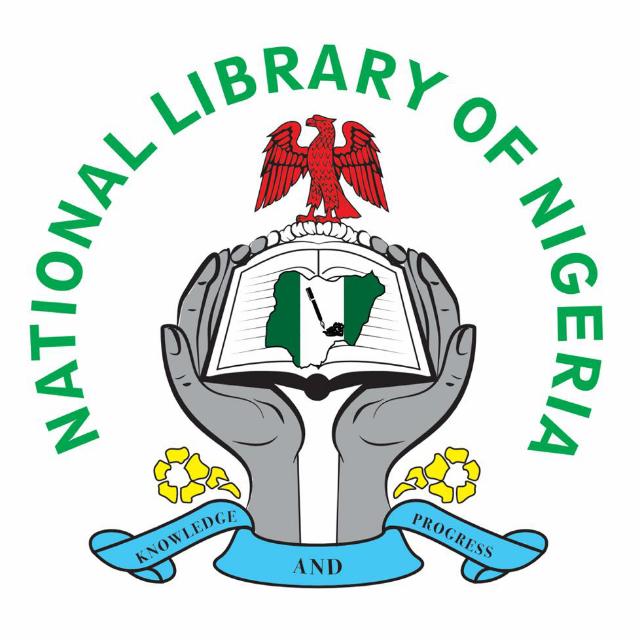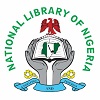That President Bola Ahmed Tinubu revved up the engine of governance in Nigeria immediately he was sworn in on May 29 is not news anymore. From Abuja to Zurich, the story is the same: a new sheriff is in town and he is in a haste to give the giant of Africa a new lease of life. In the seven weeks he has been on the saddle at the Presidential Villa, President Tinubu has made those who stuck out their necks for him proud. He has also put to shame those who wanted anyone but him. Those who sold a grotesque caricature of the man in a bid to stop him are embarrassed. Doubters and naysayers who were either skeptical or outrightly opposed to a Tinubu presidency are being converted not by propaganda but by the weight of the man’s actions.
Just as I was settling down to work on this piece a cerebral friend, who I know as not generous with praises, called me to confess how he was “happily disappointed†by President Tinubu’s leadership skills. He has now been converted to be a BAT cheerleader.
Nigerians began to see this energy from the inauguration day where President Tinubu stood through the long inauguration ceremony. Immediately afterwards, he moved to the State House for another long ritual of standing to receive the retinue of world leaders for pleasantries and photo opportunities. From that moment, governance began and it’s no stopping.
With uncommon courage, President Tinubu has taken a number of decisions, that surprised many observers. Some of these decisions were on matters hitherto considered too hot to handle. The gist in town is the feeling that the country is not on autopilot. One may disagree with the direction he goes but no one will accuse him of taking no decision at all. Yet, in taking these decisions President Tinubu has proven to be an inclusive leader who consults widely and falls for the wisest of counsel. His mantra is “open door policyâ€.
In later speeches, President Tinubu would liken the current situation to the pains of labour and the happiness that comes with childbirth. We are currently experiencing labour pains but in the end, Nigerians would smile, like a mother who is comforted by the sight of her new baby.
 Index to Nigerian Newspapers
Index to Nigerian Newspapers
